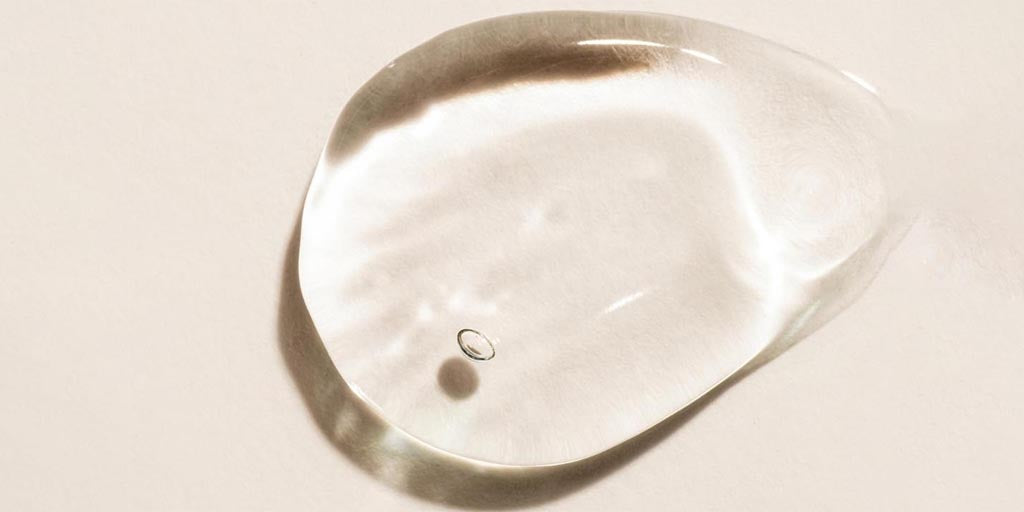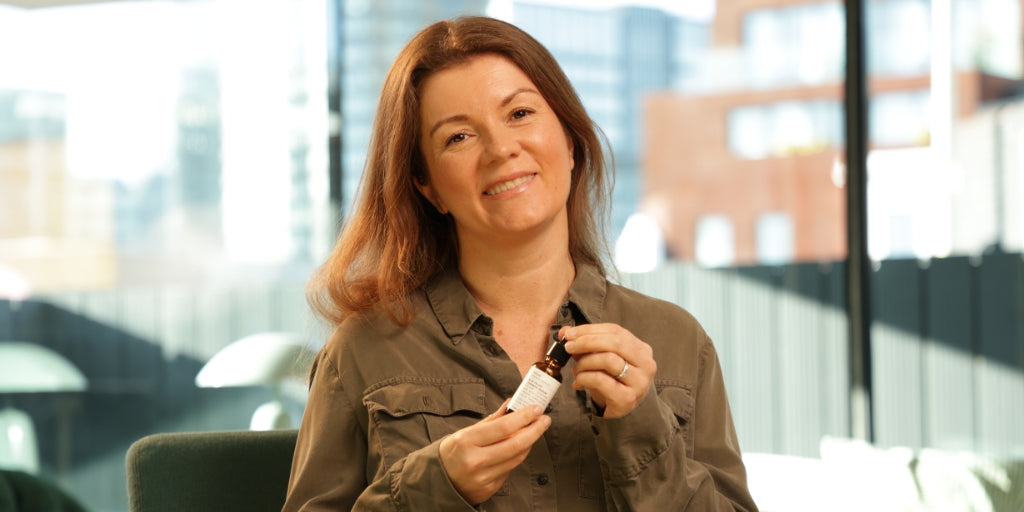Whilst the products you apply onto your skin are super important, don't forget to think about the foods you're putting inside your body and the impact your diet may have on your skin!
We’ve rounded up a list of our favourite beneficial vegan foods below!
Carrots are said to help you see in the dark, but did you know that they’re actually also great for skin health? They contain a healthy dose of vitamin A, which is one of the things that lends credence to the night-vision myth. Vitamin A is an antioxidant, and it is great for eye health, but also helps to repair damage done to skin tissue.
Carrots are also rich in beta-carotene, which converts in the body to vitamin A, and battles free radicals to prevent pigmentation and an uneven skin tone. Beta-carotene is what gives carrots (and sweet potatoes!) their characteristically bright colour, and eating foods that contain it can lend a subtle, sun-kissed glow to skin - anything to look like we haven’t just had a dismal winter! Carrots also contain vitamin C, which boosts collagen production, leaving you with plumped, elasticised skin that’s more resistant to wrinkling.

If you’re not a fan of carrots, reach for their sunny cousin, the sweet potato. Equally rich in beta-carotene, we have great news for fans of the Mediterranean diet: a drizzle of olive oil on cooked sweet potatoes can help the body better absorb the beta-carotene. That’s not the end of their powers, though: the high fibre content helps your gut to run smoothly, quickly ridding your body of any potentially harmful toxins.
Meanwhile, sweet potatoes also contain iron, selenium, vitamin B, and vitamin C - phew! The vitamin B strengthens the skin barrier, which protects it from pollutants and bacteria, and also helps to balance sebum production, so it’s a great one to reach for if you’ve got oily or acne-prone skin. This impressive superfood also contains calcium, which is especially important if you’re avoiding dairy products.

Speaking of selenium, this antioxidant ingredient works to support a healthy immune system. A diet rich in selenium has been found to protect against skin cancer, sun damage, and age spots - and it can be found, amongst other sources, in Brazil nuts. You only need four nuts to reach your recommended daily intake of selenium, so if you’ve been feeling a bit under the weather, reach for a Brazil nut-based comfort food. Selenium also helps skin to fight infection, meaning fewer breakouts, and reduces the production of inflammatory cytokines, which break down collagen and leave skin wrinkled.
Broccoli is another great source of selenium, as well as boasting a whole host of other great properties. It’s one of the foods we’re coaxed to eat as children for good reason: it’s a brilliant source of omega 3 fatty acids, which are anti-inflammatory and help to calm red and irritated skin. This is great news for those who can’t eat fish, which is often the go-to for healthy levels of omega 3 consumption.
Broccoli is also rich in fibre, so aids digestion in removing toxins from the body, and full of antioxidants. These antioxidants counteract any errant free radicals, which means fewer wrinkles and fine lines, and less uneven pigmentation.
If all of that wasn’t enough to convince you to add broccoli to your next meal, it also has high concentrations of the beauty world’s latest obsession, vitamin C. This handy vitamin is associated with a stronger skin barrier that retains moisture more efficiently, meaning that those with dry skin should stock up: you’ll be making the most of any serums and creams you use, too! Broccoli is also fantastic for skin immunity thanks to this vitamin C, as well as vitamin K, amino acids, and folates, and so helps the skin resist infection.

Staying green, spinach is a fantastic source of lutein, which is a powerful antioxidant and helps to battle free radicals and the signs of ageing, as well as evening out skin texture - you’ll have that healthy glow in no time! The high levels of vitamins K, A, and C improve skin tone, help promote healthy repair and growth of skin cells, and minimise the appearance of blemishes. The benefits of spinach aren’t limited to skin though: it also helps to maintain healthy hair, heart, and digestion. It’s so easy to add to meals, as it has a very mild taste - try adding some to a radiance-boosting smoothie for an easy dose!
Talking of smoothies, here’s another great ingredient for them: avocados. These delicious, trendy fruits (yes, fruits - they fall into the same category as tomatoes and pumpkins!) are packed full of vitamin E, which protects skin from oxidative stress and helps to support healthy skin cell growth.
Avocados are also high in mono- and polyunsaturated fats, both of which provide essential fatty acids to the skin, which cannot be created by the body, and so must be eaten. These fatty acids improve skin’s elasticity and provide a dose of moisture. They’re also incredibly easy to add into your diet - chuck them in a smoothie, on a salad, or even just eat one as a snack! Delicious and nutritious - what’s not to love?

Lastly, check out a selection of nuts and seeds. Various types have different benefits: linseeds, for example, contain omega 3 fatty acids and phyto-estrogen, which can help to balance female hormones - anyone battling hormonal acne might find that a healthy dose of linseeds sprinkled on their cereal in the morning does wonders!
Many nuts and seeds also contain zinc and selenium, which regulate sebum production and prevent infection of the sebaceous glands (which is one thing that causes acne). Nuts and seeds are also a great snack - they often boost energy levels without containing sugar, so you’ll get a healthy boost and added skin benefits!

Being healthy isn’t all about what you can cut out. When we add beneficial foods, healthy exercise, and self-care into our routines, our mental and physical health improves dramatically.
You Might Also Like:





